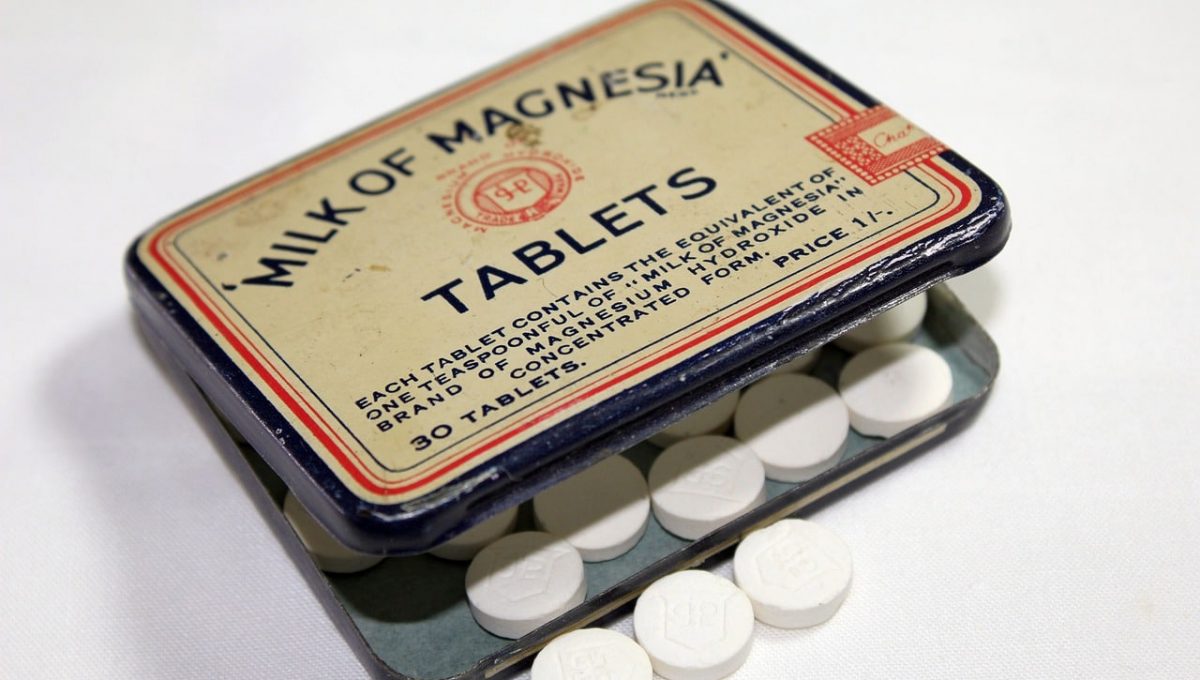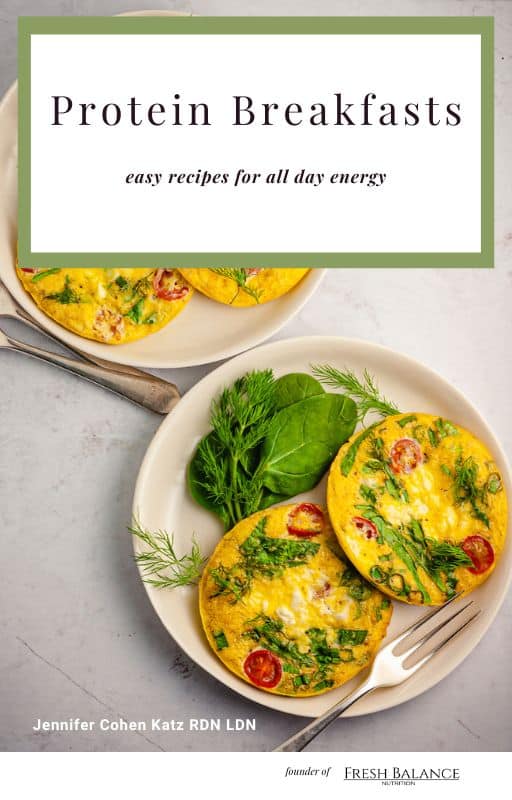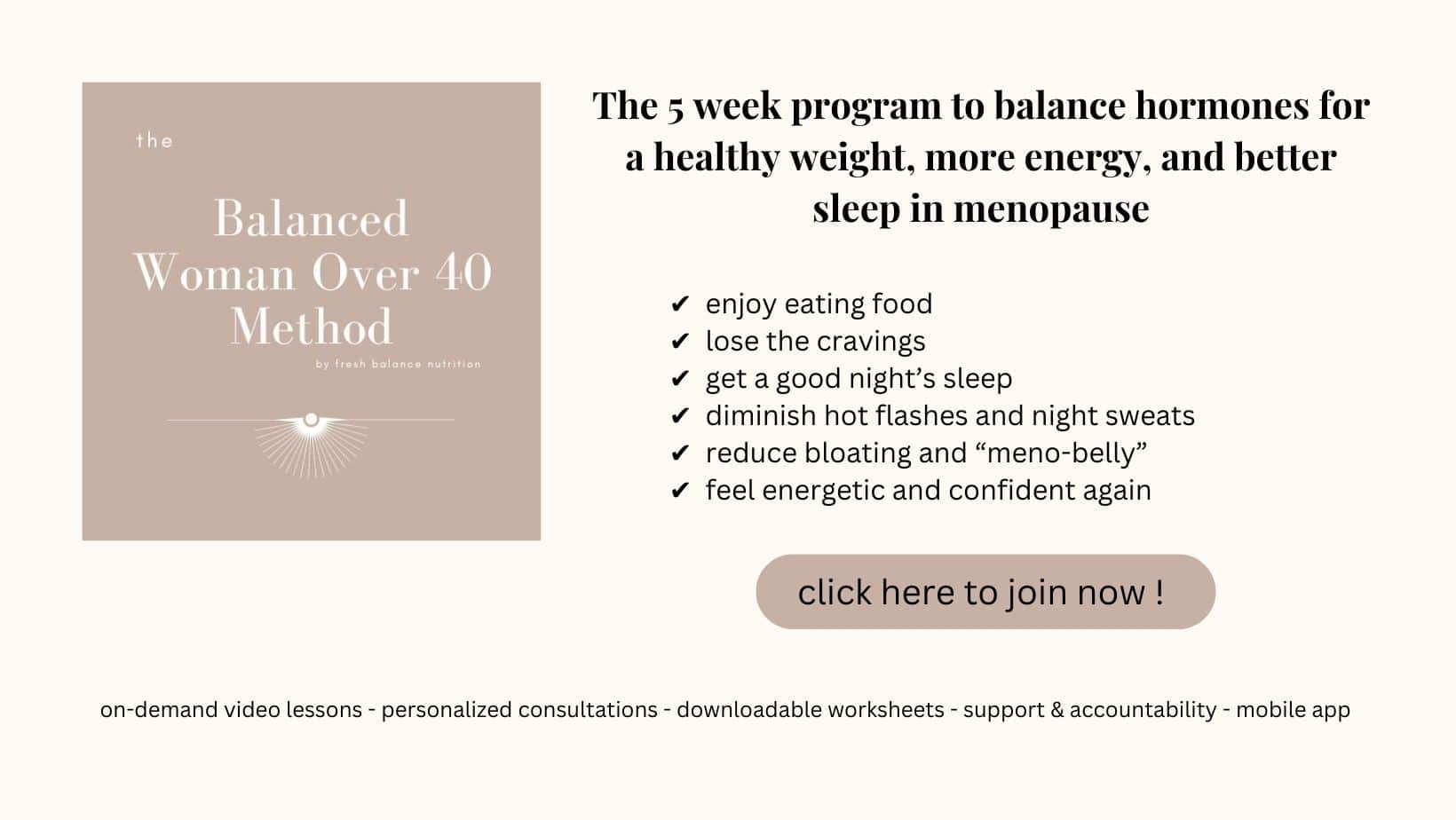Some women wonder “can menopause cause constipation”? Is there a connection between the hormonal changes we are going through and how our food is digested and eliminated (or not eliminated)?
How common is constipation during menopause?
This is a very common concern. Constipation happens to be one of the issues many women deal with in menopause. Every woman has her own “normal”, but generally 3 or fewer bowel movements a week could indicate an issue.
Why do women get constipated in menopause?
Hormones
The culprit again could be our hormones. Estrogen and progesterone decrease in menopause. Our cortisol, the stress hormone, is on the rise. These hormonal changes can slow down digestion. As digested food sits for longer in your colon it becomes dryer. This makes it more difficult to poop.
Pelvic floor strength
It’s very common to have issues with pelvic floor muscles during menopause. Weak pelvic floor muscles can make it difficult to eliminate waste. Pelvic floor exercises can better coordinate the muscles involved in moving waste out.
Nutrition
Most of us do not get anywhere near enough fiber. I recommend at least 30 – 40 grams of fiber a day for women 40+. This is such an important time to make an effort to eat lots of plant foods which are the best source of fiber. Gradually increase the amount you eat to soften and bulk up stool. You’ll also be nourishing your gut microbiome which will encourage healthy digestion.
Not moving enough
Many women slow down around their 40’s and beyond. But we need to keep our body moving around and exercising to stay healthy in general. Moving your body helps to get things moving along through your colon too.
Hydration
Are you drinking enough water? It’s essential for digestion and getting rid of the waste products in your body. Liquids can prevent constipation by softening your stool. Remember you can also add the liquid in things you eat like soups and smoothies. Foods like cucumbers, leafy greens, and melons are high in water content.
Medications
This cause of constipation is often overlooked. Medications like antidepressants can clog things up. If you are taking iron or calcium supplements you are likely to experience this side effect as well.

What helps with menopause constipation?
High fiber diet
Do some meal planning to incorporate foods like berries and old fashioned oats at breakfast, chickpeas and kale at lunch, and broccoli and quinoa at dinner. Instead of cookies for a snack, opt for a fresh pear with some almond butter.
Regular exercise and movement
Move every day. Take a walk, swim, bike, or dance. If you work at a desk for most of the day, set a timer to remind you to get up and walk around periodically.
A water bottle habit
Create a healthy habit. Grab a water bottle you like and sip during the day. You can estimate your needs by dividing your weight by half. For example, a 150 pound woman can start with a goal of 75 ounces of water a day.
Foods that make you poop
Your individual outcome may vary, but these foods have been reported to help get things moving. Try beets, kiwi, prunes, beans, ginger, yogurt, or rhubarb. These are foods that have attributes such as high fiber, laxative effects, probiotics, and high water content to move things along.
Supplements
Magnesium citrate is an osmotic laxative which draws water into the intestines. It softens the stool and relaxes your bowels making it easier to poop.
Pelvic floor physical therapy
Seek out a qualified pelvic floor physical therapist to evaluate any dysfunction of the pelvic floor muscles you may be having. Sometimes tight muscles are the culprit and you can get help to relax these muscles and coordinate your pelvic floor.
Add some fiber to your menu:
Salmon Protein Salad with Kelp Noodles
Looking for support to better manage your menopause symptoms? Let’s talk about it








